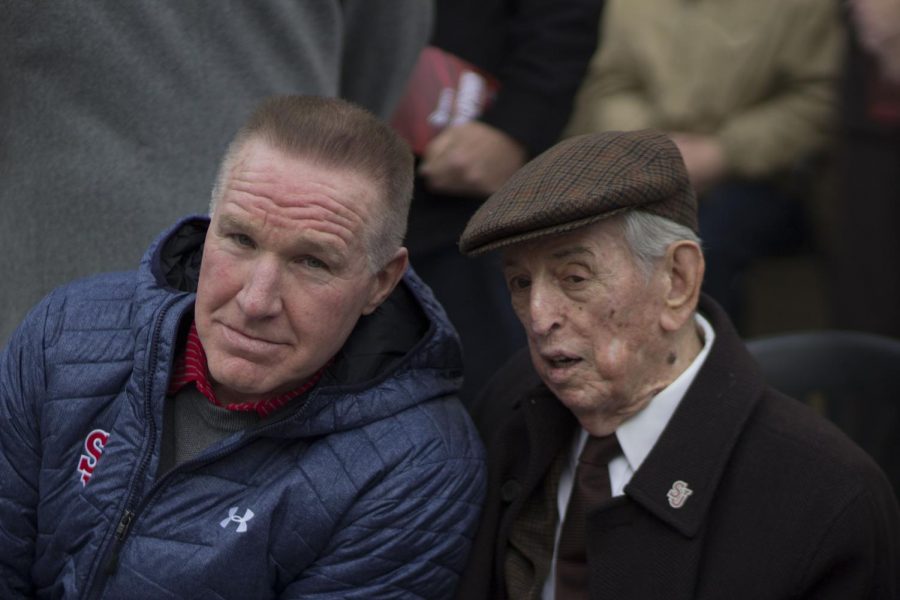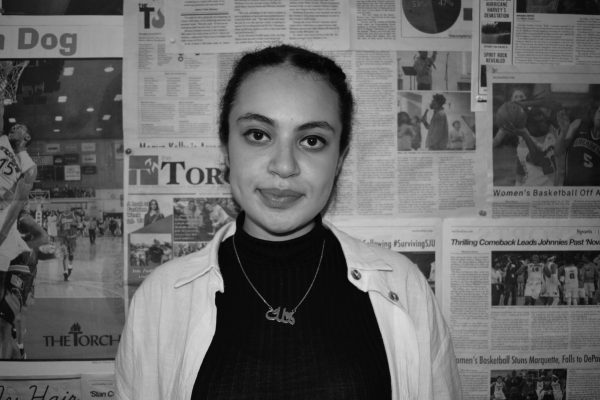
The Metropolitan Transportation Authority (MTA) held its first webinar of a month-long series titled “Individual Disability Exception Plan (IDEP)” on Dec. 5 at 3 p.m. This was the first of seven webinars before congestion pricing launches on Jan. 5.
The webinar was moderated by Howard Levine, senior accessibility officer at the MTA.
Congestion pricing will toll drivers entering the Congestion Relief Zone, which are streets in Manhattan below 60th St.
According to the official NYC.gov website, drivers will be charged $9 during peak hours, which run from 5 a.m. through 9 p.m. on weekdays, and 9 a.m. through 9 p.m. on weekends. Vehicles crossing the threshold during off-peak hours will pay $2.25.
Motorcycles will be charged $4.50 during peak hours and $1.05 during off-peak times.
Trucks and buses are charged a range of $14.40 to $21.60 during peak times and $3.60 to $5.40 during off-peak.
Vehicles using the Franklin D. Roosevelt (FDR) Drive, West Side Highway and Hugh L. Carey Tunnel will be exempt from the tax.
“We have over 700,000 vehicles that enter the congestion relief zone every weekday,” Levine said. He added that a decrease in speed on the roads, causing slower emergency response times, has also contributed to the needs for congestion pricing, stating that it puts “lives at risk.”
According to Levine, congestion pricing was passed in 2019, partnering with both the New York State and New York City Departments of Transportation.
The aim is to see “cleaner air, better streets and better transit for everyone.”
The MTA hopes to see $16.8 billion in capital improvements from the tax. Funds will go toward several projects including upgrades along the A, C, B, D, F and M subway lines. The MTA also promises to extend the 2nd Ave. subway to East Harlem, purchase new electric buses, State of Good Repair Projects and “infrastructure upgrades.”
The MTA announced six types of discounts and exemptions. Besides the IDEP program, an additional five exemption programs will be offered including, the Low-Income Discount Plan (LIDP), Organizational Disability Exemption Plan (ODEP), Emergency Vehicle Exemption Plan (EVEP), Commuter Bus Exemption Plan (CoBEP) and the Specialized Government-Owned Vehicle Exemption Plan (SGOVEP).
The IDEP exempts commuters who have disabilities that prevent them from using mass transit. The vehicle must be registered to that person.
There are several pre-determined eligible groups including those who have previously qualified for Access-a-Ride or hold an NYC parking permit for people with disabilities. If commuters don’t currently qualify for either of those, they may opt to take a physical assessment.
Besides private vehicles enrolled with IDEP, Access-a-Ride and Ambulette trips are also eligible for exemptions.
To apply for IDEP, applicants must prove that they can’t use public transit, have an E-Z Pass New York account, own a vehicle and get the application stamped by a notary public.
The session ended with Levine answering questions that attendees left in the chat.
Webinars are open to the public and can be registered on the MTA website. Sessions are scheduled through Dec. 19.









